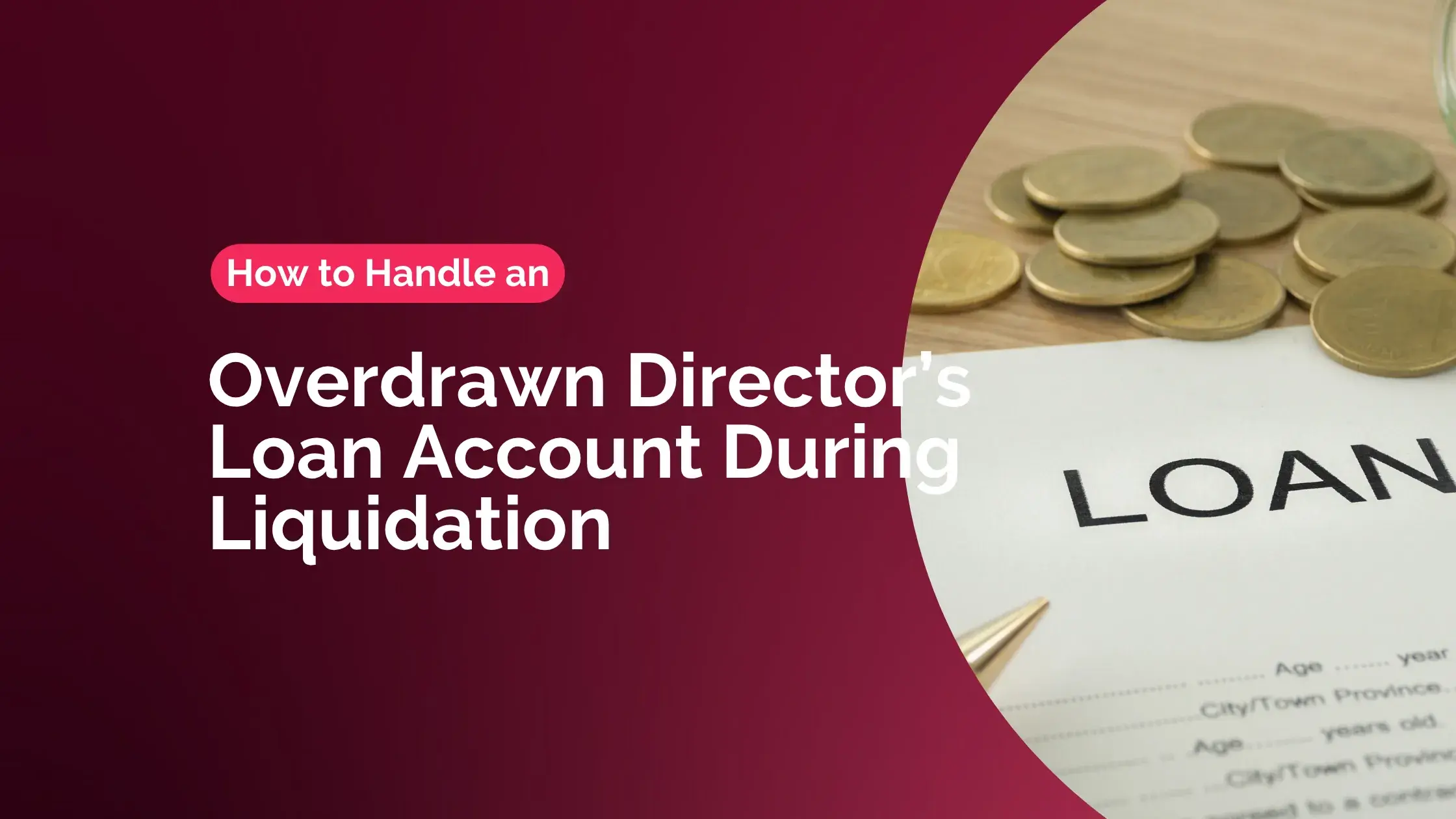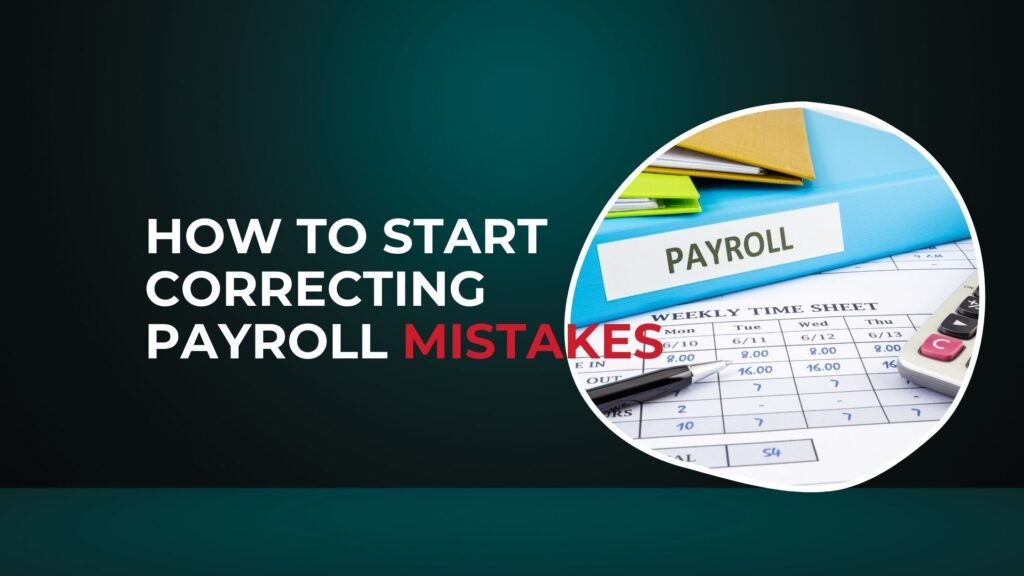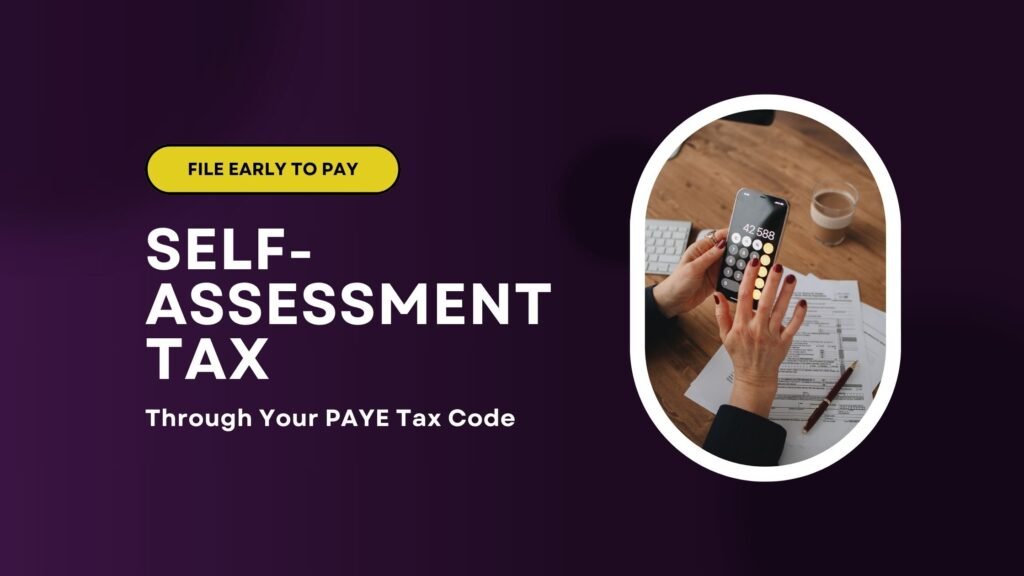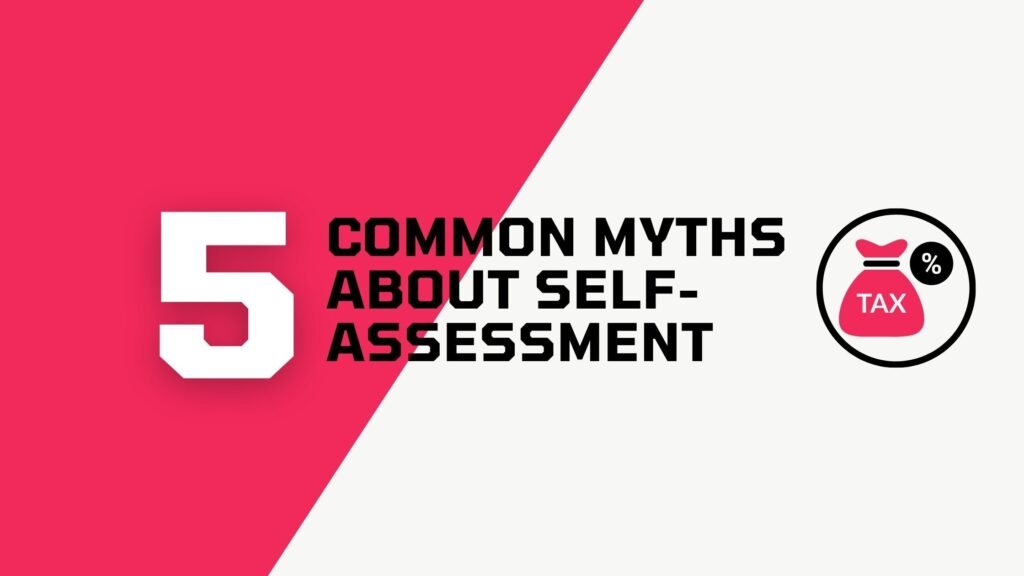A Director’s Loan Account (DLA) is a record of money a director has either borrowed from or lent to their company. It can include personal withdrawals, expenses, or loans made to the business. When a Director’s Loan Account (DLA) is overdrawn, the director owes money to the company. This can happen if personal withdrawals exceed company funds or expenses aren’t repaid. It is especially important during liquidation, as the debt must be addressed.
Overdrawn DLAs are treated as debts owed to the company, and the liquidator will attempt to recover outstanding amounts. Failing to address an overdrawn DLA can result in personal liability, tax penalties, and legal complications, emphasising the importance of directors acting promptly and managing their accounts carefully.
Understanding an Overdrawn Director’s Loan Account
An overdrawn Director’s Loan Account (DLA) occurs when a director has withdrawn more money from the company than they have put in or is owed to them. This creates a debt that the company expects to be repaid, which becomes especially important when dealing with a director’s loan account in liquidation.
Common causes of an overdrawn DLA include:
- Taking dividends without sufficient profits – withdrawing money when the company hasn’t made enough profit to cover it.
- Using company funds for personal expenses – paying personal bills or purchases through the business account.
- Informal drawings instead of salary – taking money without proper accounting or documentation.
In such situations, directors have a legal responsibility to repay the debt. Failure to manage an overdrawn DLA properly can lead to personal liability, tax penalties, and legal action, especially if the company enters liquidation.
The Role of the Liquidator
When a company enters liquidation, the liquidator takes control to ensure all company assets are properly managed and debts are repaid. One of their key duties is to investigate the company’s finances, including reviewing the Director’s Loan Accounts (DLAs).
Liquidators carefully check if any directors owe money to the company through overdrawn DLAs. They then take steps to recover these funds for the benefit of the company’s creditors. This means outstanding debts are addressed fairly and legally, and directors may be required to repay any money owed to the company.
Options for Handling an Overdrawn DLA During Liquidation
1. Repayment of the Loan
In liquidation, directors are usually required to repay the full balance of an overdrawn Director’s Loan Account. Repayment can be made from personal funds, or in some cases, a liquidator may agree to a partial settlement if full repayment is not possible.
2. Set-Off Against Salary or Dividends
Any unpaid salary or declared dividends can be used to reduce the overdrawn DLA, but this must be agreed with the liquidator.
3. Negotiating with the Liquidator
In some cases, directors can settle if full repayment isn’t possible.
4. Personal Insolvency
If repayment cannot be made, directors may face bankruptcy or enter an Individual Voluntary Arrangement (IVA).
Professional Advice and Support
If your Director’s Loan Account (DLA) is overdrawn, it’s important to get help early. Insolvency experts can explain the liquidation process and help you avoid paying more than you need to.
Accountants and financial advisers can check your accounts, suggest ways to pay back the money, and make sure you follow tax rules. Fixing DLA problems before liquidation starts can save money, reduce stress, and make things easier for you and your creditors.
Take Control of Your DLA
An overdrawn DLA is a serious issue that can lead to personal debt, tax problems, and legal issues. Directors should focus on repaying the money, negotiating with the liquidator, and getting professional advice. Acting early can lower risks, protect your money, and make the liquidation process smoother.





